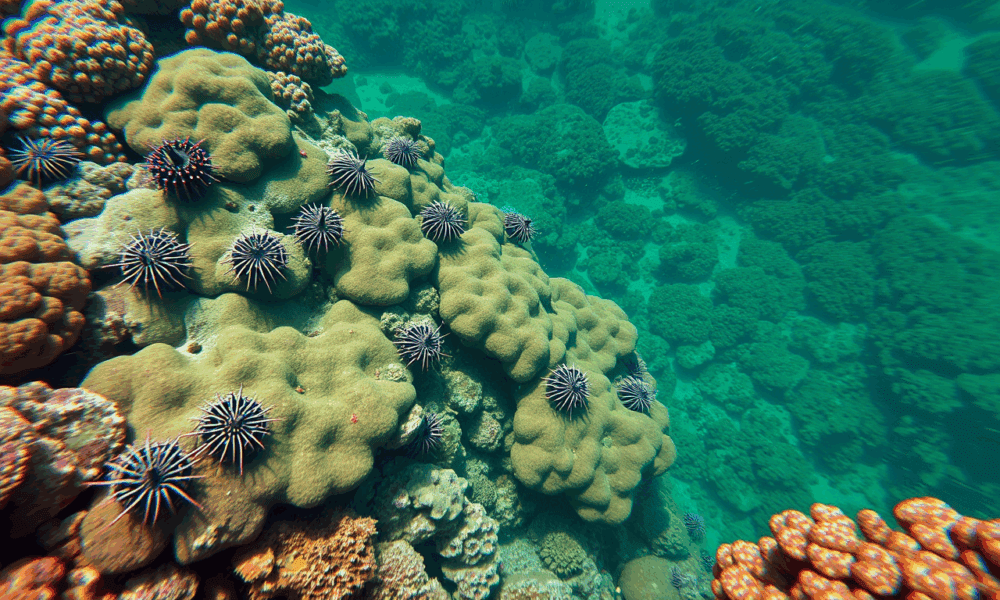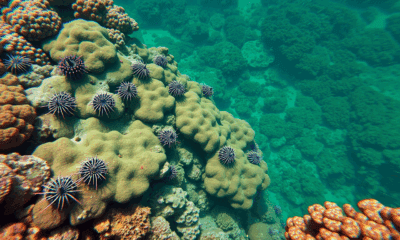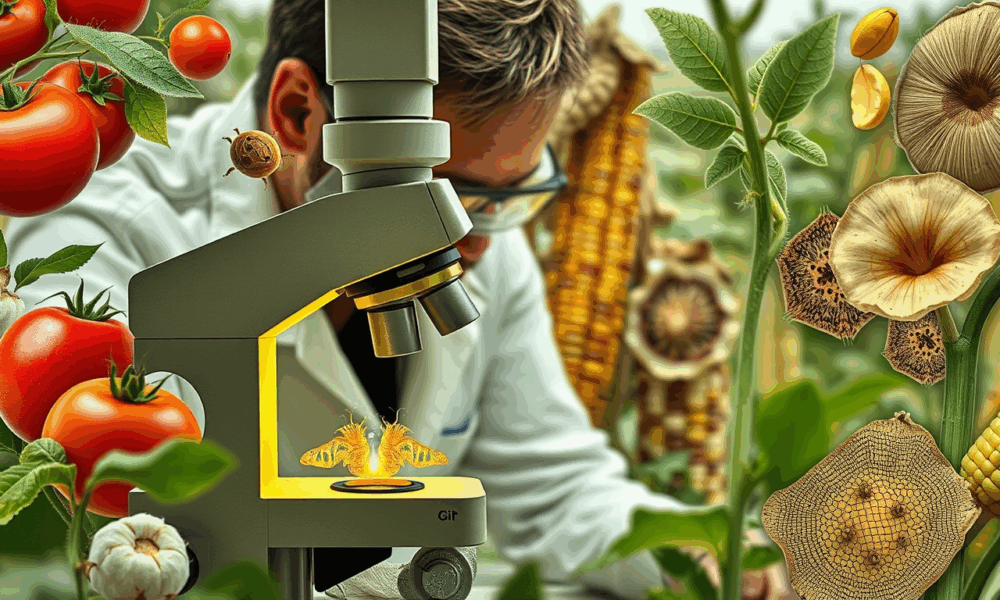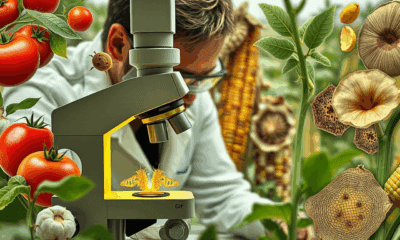


Researchers have designed a liquid hydrogen storage and delivery system that could help make zero-emission aviation a reality. Their work outlines a scalable, integrated system that...



Researchers have released new insights on a pilot program involving all-electric buses in Ithaca, NY, USA -- with implications for cities, schools and other groups that...



Many bat species native to Germany, such as the Leisler's bat, are forest specialists. However, as it is becoming increasingly hard for them to find tree...



Scientists show that wolves that are eating sea otters in Alaska have much higher concentrations of mercury than those eating other prey such as deer and...



This study measured the growth rate of coral reefs in Honaunau Bay, Hawaii, using on-site data gathering and aerial imagery. Researchers found that the reefs are...



With wildfires increasing in frequency, severity, and size in the Western U.S., researchers are determined to better understand how smoke impacts air quality, public health, and...



Researchers found that digestion in hawks and owls can alter the results of isotopic analysis in pellets and droppings.



Researchers find that iron powder, an inexpensive alternative to activated carbon, does a better job at filtering PFOS from water -- it's 26 times more effective.



Humans were making tools from whale bones as far back as 20,000 years ago, according to a new study. This discovery broadens our understanding of early...



Alterations to the diet of pests could impact how quickly they can adapt to biopesticides.